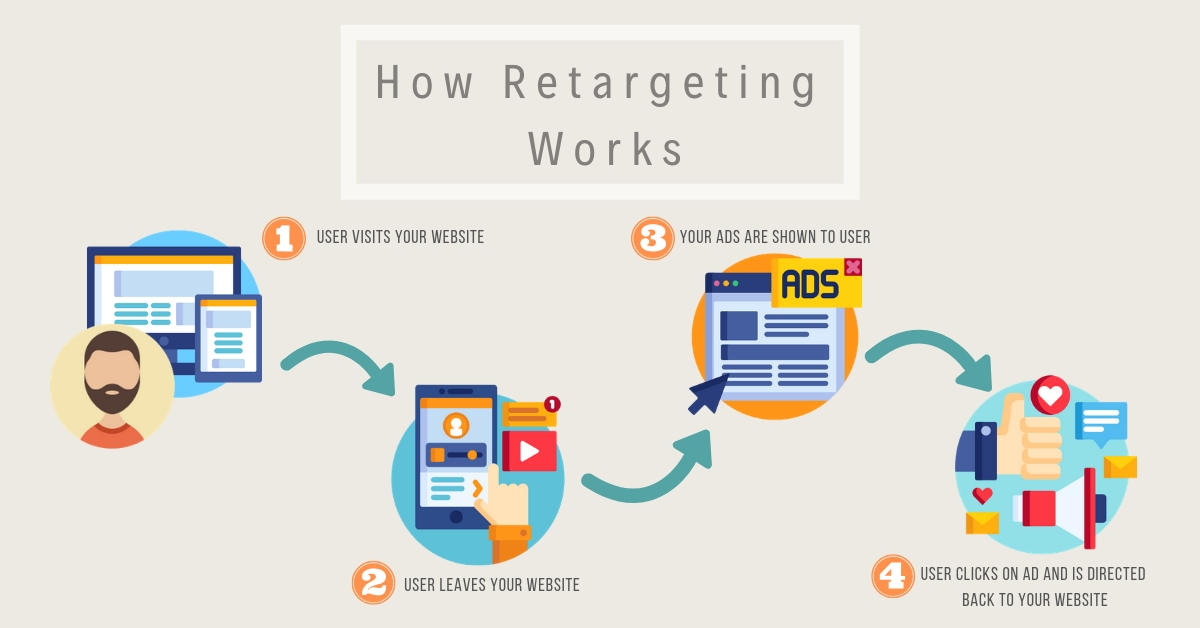Have you taken time to see how long it takes for pages on your website to load? If it is something you have not given much thought, you might want to start doing so. Have you wondered how fast your pages need to load to provide the ideal level of service to your visitors? Well, you should.
How does a page that loads after one second differ from one that takes anywhere from three to four seconds? Which do you think would provide a visitor with a more positive user experience?
Fast-loading pages can make a huge difference in the overall functionality of your website. In an online world that is becoming more and more conscious of the importance of user experience and is gearing towards the mobile age, page speed has become such a crucial aspect of the overall user experience.
Online Users Have Shorter Patience and Attention Spans
The online world is such an insanely busy place. Users are always on the go and want relevant results at the shortest possible time. A survey conducted by Akamai and Gomez.com reveals that 50% of online users expect sites to load within two seconds or less, with many making quick decisions to leave the site if it hasn’t loaded within three seconds.
So what happens when you have a slow-loading page? You may get a high bounce rate, of course! So what does a high bounce rate mean? That means zero conversion – something you don’t want to happen. In other words, online users don’t have enough time (or patience) to check out a page that doesn’t load instantaneously.
Google and Your Audience Like it that Way
Google uses page speed as a ranking factor. This applies not only for desktop but also for mobile searches. More than a requirement, this is an opportunity to improve your page speed and later reap the benefits of improved organic rankings. This does not necessarily mean you’ll get to the top spot on the SERPs, but it does boost your chances, giving you a strong advantage over hundreds upon hundreds of competitors online.
Fast loading pages not only tend to impress Google, they also allow for better audience engagement with your content, which is another important element of a highly effective website. Not only is there a tendency for your audience to stay a little longer, they are also encourage to check out your content and eventually take action either by signing up, filling out a form, placing an order, or whatever else instead of hitting the close button immediately.
It’s the Mobile Age, for Crying Out Loud!
Moreover, more and more users are accessing the Internet through their mobile devices (smartphones, tablet computers, etc.). In fact, mobile searches are beginning to take over desktop searches, writes Forbes. According to experts, this rapid growth will carry on in the following years.
More users are slowly relying on slow mobile connections, and that means a fast loading page would be greatly appreciated. If you’re looking to give your site’s mobile-friendliness a major boost, make sure you list page speed as one of your priorities, suggests our team of Denver website design experts.
Page speed is a crucial element, but the sad reality is that many website users fail to see its importance. Now that you know why it matters today more than ever, seek to make your pages load as fast as possible. It may represent a small element in your overall web design and just a small chunk of Google’s numerous ranking factors, but it’s definitely something that can make a real difference for your website.




